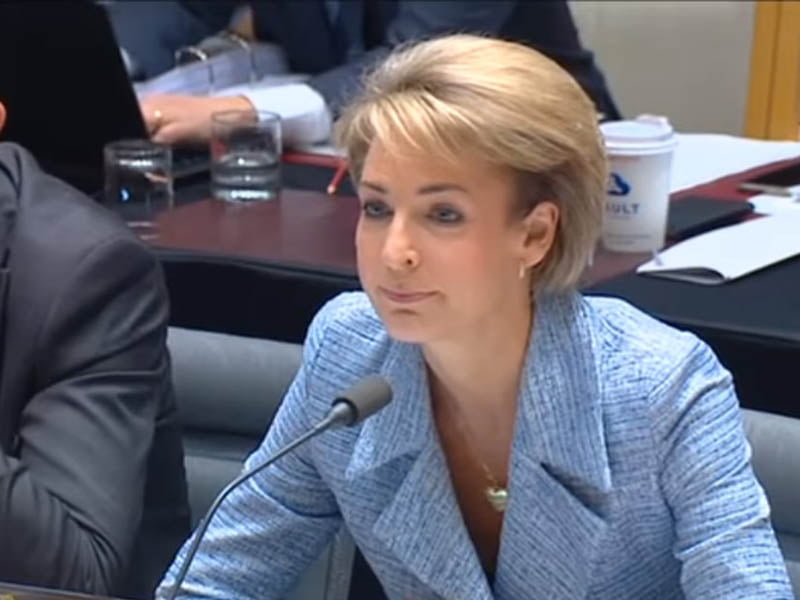The funding-starved National Archives of Australia will receive $67.7 million in extra funding to digitise its decaying records, address a growing backlog of access applications, and bolster its cyber defences after warning it had been left vulnerable by continued government cuts.
On Wednesday, the government’s Expenditure Review Committee approved the new funding while a wider package is being prepared in response to a scathing review of the agency last year.
The review, conducted by retired senior public servant David Tune, warned the agency had “struggled to fulfil its mandate” to secure, preserve and make public the archival resources of the Commonwealth, and recommended more than $200 million of additional government spending.
This included a $67.7 million seven-year project to digitise the records most at risk.

On Thursday, 18 months after receiving the review, the government announced $67.7 million in new funding for the National Archives to support critical functions. The proposed seven-year digitisation program will be “fast tracked” to four years, among other measures included in the new funding.
Additional staff will be hired to address a backlog of applications for access to Commonwealth records, improvements to cybersecurity will be made, and there will be further development of the National Archives’ Next Generation Digital Archive to take on and digitise more records.
“This funding will be critical to preserving our history, the national treasures that define it, and increasing the public’s access to it,” Attorney-General Senator Michaelia Cash said in a statement.
The funding follows years of red flags for the agency, including failing an external cyber audit in 2018 and a scathing functional and efficiency review of the agency in 2020 which highlighted poor cyber resilience and legacy ICT among several “substantial” challenges.
In April, National Archives director-general David Fricker confirmed the agency was struggling with resourcing pressures which had forced redundancies and limited upgrades of technology.
He told Senate Estimates the agency was challenged most by cyber resilience, records digitisation and a backlog of applications for access to records from researchers, which now sits at more than 20,000.
But Assistant Minister to the Attorney-General Amanda Stoker rejected the argument under resourcing was preventing the Archives from fulfilling its mandate to preserve Commonwealth records.
“I don’t accept that they are in breach of the [Archives] Act. If there is evidence of that I will be interested in it. But I don’t accept the premise that the Archives are being starved [of funding],” Senator Stoker said at the same Senate Estimates hearing in April.
“They receive a considerable amount of resources annually for their important work.”
But concerns about record condition and cybersecurity continued to grow, with Mr Fricker later telling InnovationAus the National Archives was a “very attractive target” for attackers.
“It’s a very attractive target for a hostile actor wanting to launch a cyber-attack, either to destroy the information, to exfiltrate the information, or indeed, as an act of information warfare, to manipulate the information, to plant falsehoods, to pervert the course of public opinion in Australia, and to deny our right to have a free informed public discourse in democracy,” he said.
After receiving only $700,000 in additional funding in the May federal budget, the agency took the extraordinary step of asking for public donations.
The government has said it is working on a wider reform package for the National Archives and has defended its delay in announcing them because of the reforms are so substantial.
Senator Stoker has said implementing “some version” of the recommendations would cost more than $200 million, and a formal government response should come this year.
On Thursday Ms Stoker said the latest funding package was critical for speeding up the digitisation of records.
“The Morrison Government is prioritising the protecting and preservation of government records, by providing funding on a fast-tracked timeline for digitisation works to be completed within a four year timeframe,” she said in a statement.
“Recognising the importance of these records, this funding will allow the National Archives to do the digitisation work that is needed – including for military documents relating to World War II, Vietnam and Korea.”
This article has been updated to clarify the length of the digitisation project is four years.
Do you know more? Contact James Riley via Email.

